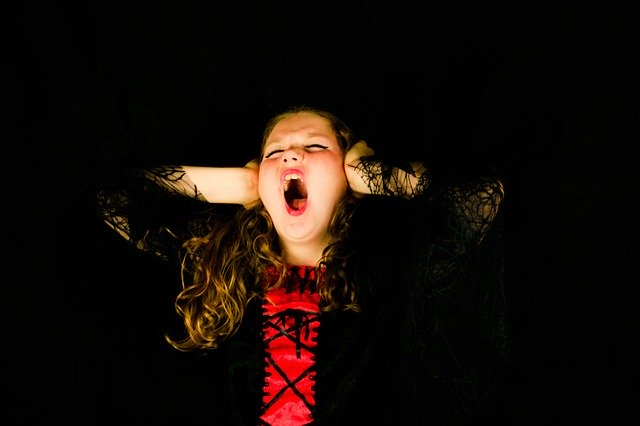Dear parents,
We all went through and some are still going through depending on the country you live in, this worldwide epidemic corona virus, that brought lots of emotions to the whole family: family time, slower life, together time, but lots of unknown and stress, economic anxiety for many. Obviously this affects our children at home, from younger ones to older teenagers. They listen, hear, feel us, no matter what we decide to tell them or show them!
And before that strange period we are all going through, all children at some point feel anxiety and stress, from the dark and nightmares, from first day in kindergarten or school, from being alone, from monsters, from being left out from friends…
Here are some interesting facts about Anxiety and depression in children:
source: https://www.cdc.gov/childrensmentalhealth/features/anxiety-depression-children.html
- 1% of children aged 3-17 years (approximately 4.4 million) have diagnosed anxiety.
- 2% of children aged 3-17 years (approximately 1.9 million) have diagnosed depression.
- “Ever having been diagnosed with either anxiety or depression” among children aged 6-17 years increased from 5.4% in 2003 to 8% in 2007 and to 8.4% in 2011–2012.
- “Ever having been diagnosed with anxiety” among children aged 6-17 years increased from 5.5% in 2007 to 6.4% in 2011–2012.
- “Ever having been diagnosed with depression” among children aged 6-17 years did not change between 2007 (4.7%) and 2011–2012 (4.9%).
Based on www.greatschools.org/gk/: “Study after study has found that children who are exposed to extremely stressful situations — via violence in the home or corporal punishment — have significantly lower IQs than children not exposed to such traumas.
But newer studies suggest it’s not only extreme kinds of stress that can affect kids’ ability to learn and think. In 2009, Virginia Polytechnic Institute and State University scientists found that kids exposed to “household chaos” had lower IQ and more conduct problems. A joint study between Harvard Medical School/McLean Hospital and Catholic University of Korea in 2009 found that children who experienced maternal verbal abuse had lowered verbal IQs and less white matter in their brains. (White matter affects learning by coordinating communication between different regions of the brain.)
How to help our kids with stress and anxiety?
Being healthy is important for all children and can be especially important for children with depression or anxiety. This includes:
- good eating plan
- physical activity
- recommended amount of sleep
- relaxation techniques, yoga, meditation…
Except those important “cures”, I always opt for games! Playing games is for me a way to let go, enjoy, laugh, learn, relax…
There are more and more toys and games in the market that help with stress and anxiety from yoga products to anti stress balls. I will try to list the ones I like the most!



Thank you for your advice! Now our children need even more support and care!